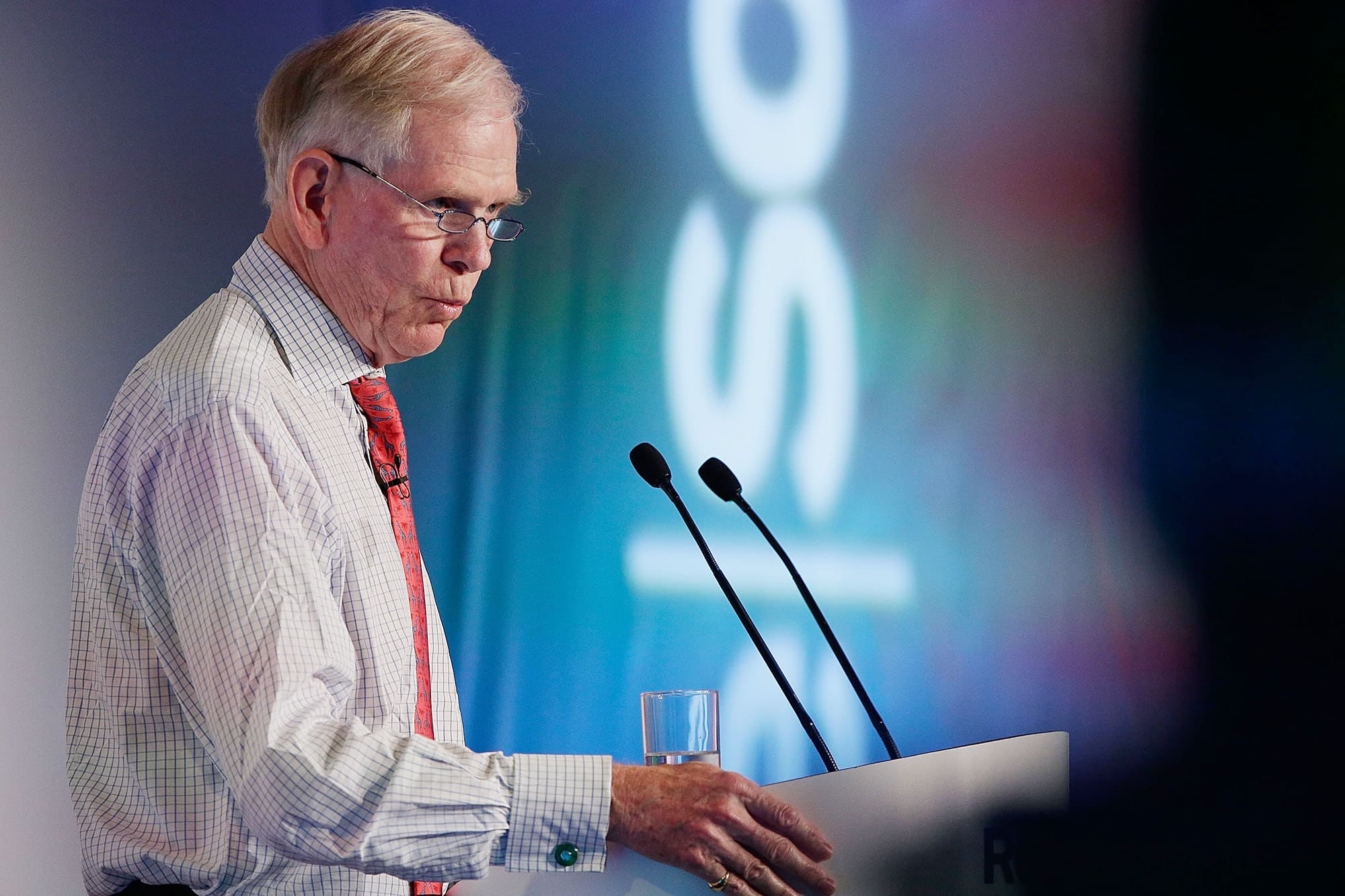This post was originally published on this site

Jeremy Grantham, co-founder and chief investment strategist of Grantham Mayo van Otterloo, speaks at the ReSource 2012 conference in Oxford, England.
Getty Images
High-profile investor Jeremy Grantham warned in a letter that falling birth rates in the developed world could accelerate in coming years due to increasing chemical toxicity, allowing only wealthy people to have children.
In recent years, economists have raised concern about the impact on economic growth of slowing birth rates in the developed world. Grantham, who co-founded GMO in the 1970s and is famous for calling the last two major market bubbles, said that trend is poised to accelerate due to increased chemical toxicity in the environment and food products.
“This interference is growing at such a rapid rate that if left alone it is likely to leave us sterile in a few decades with only the rich able to easily afford the healthy lifestyles and the exotic medical help required to have babies,” Grantham said.
While acknowledging that changes in lifestyle choices is responsible for at least some of the slowing birth rates, Graham said increased chemical toxicity is making it harder for women to conceive and lowering sperm counts in men.
“The net effect of choice and postponement combined with the recent decade of ‘help’ from toxicity has been an unexpected and accelerating decline in delivered fertility in developed countries, as well as the critically important China and India, with new annual cohorts of babies already declining in absolute numbers, not just growth rates,” Grantham said.
He also pointed to dramatic population declines in some species of insects as an example of how increased chemicals in the environment can hurt reproduction rates.
He ended his letter by warning that major chemical companies could soon be hit by widespread bans on some of their key products.
“The bottom line is this: either endocrine disrupting chemicals will go out of business or we will!” Grantham wrote.
Grantham gained influence as an investor after correctly calling the dotcom bubble in 2000 and the market’s dramatic downturn in 2008. GMO has struggled in recent years, however. It reported $62.1 billion in assets under management at the end of 2018, down from about $124 billion in June 2014.
Grantham has long expressed public concern about environmental issues, including launching the Grantham Foundation for the Protection of the Environment in 1997. His firm also runs the GMO Climate Change fund.



